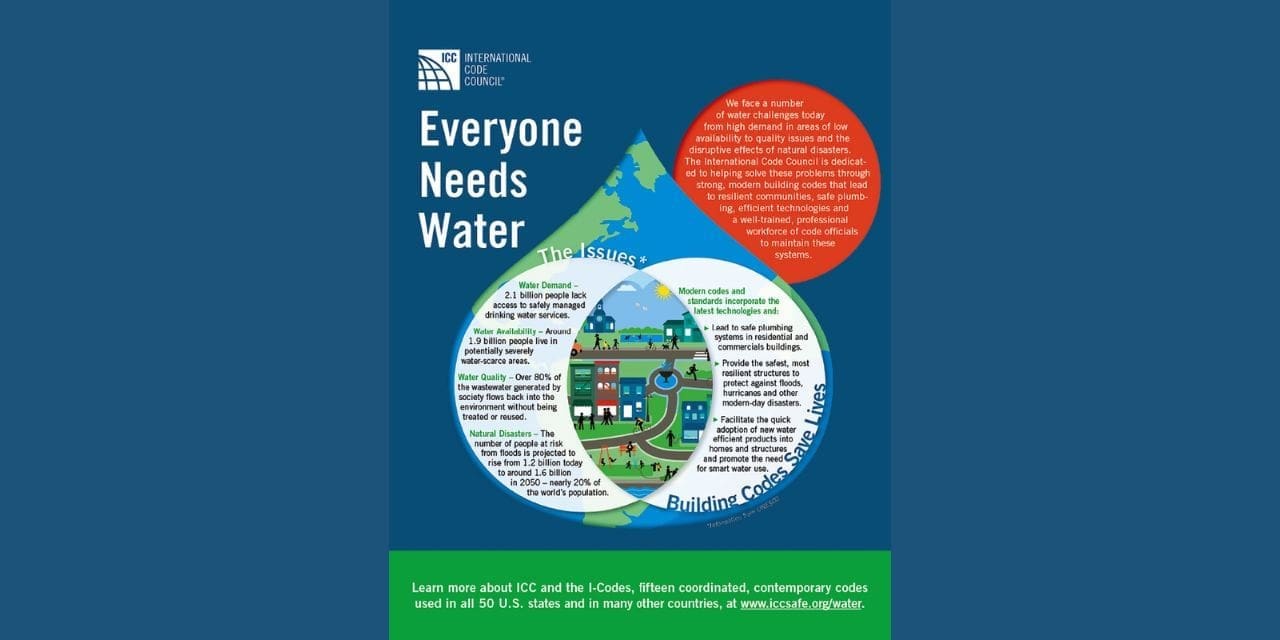Bangladesh is the 7th most populous country in the world and we are mostly dependent on groundwater. As population increases, water and water supply level is getting increasingly tighter, which means that we all need to do our part to conserve water through every possible means.
Water sustainability is an important factor for the textile and RMG industry, particularly for the wet processing sectors. As we are pursuing a long-term growth vision, sustainability is the most crucial factor to succeed. To pursue the projected growth of the industry, especially we foresee more investments in the backward linkage textile sector, we need lot of water; and most importantly we need to know sustainable source of water.
One point we would all agree that wastage of water has a major adverse impact on our competitiveness. The more the water we use, the higher the manufacturing cost would be, since it will require more chemicals, dyes and even energy. By reducing water consumption, we can reduce the energy and chemicals required to process water which ultimately reduces our costs of production and make us more cost and resource efficient. Optimum use of water also helps to reduce pollution and the cost of maintaining effluent treatment plants.
Being the largest manufacturing industry, we have a bigger responsibility and role to play. Our small initiatives may make a huge difference. It can start from our own humble steps and if we can encourage people around us to change behavior toward water, we can save this invaluable resource, as well as become more competitive. So, I think first and foremost we need to set a discipline in water use, create awareness and develop in-house culture. For example – we need to ensure that the water taps are closed after using every time, the faucets and pipelines are not leaking. Even we often use excessive water during shower; we can try to be optimum. Also while drinking from bottled mineral water; we should not throw away the unused water, we can at least use it in indoor or outdoor plant. We do also have advanced technologies to measure water efficiency, and water metering comes first. If we can measure water consumption in every process of our factories, we would know where we have the room to improve and can control it. For that, we need to set up a water metering system in our factory. At the same time, we need to reduce dependency on groundwater and start using mixed water sources. Because the efficient mix of using surface and groundwater resources can halt the drastic fall in our water table.
Moreover, the use of water-efficient technologies like rainwater harvesting, low liquor ratio dyeing machines, water-efficient fixtures, proper management of effluent treatment plants, re-use and recycling of water, etc. can also reduce water consumption in the manufacturing process.

